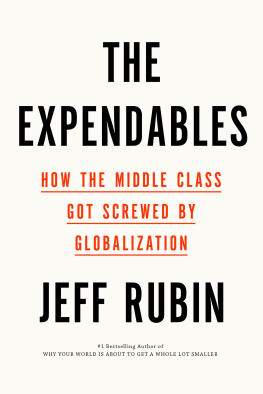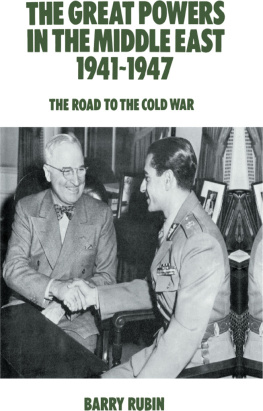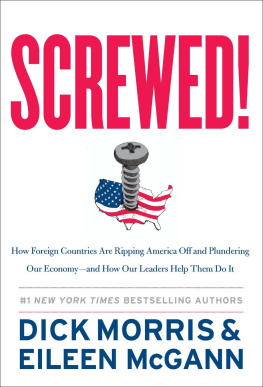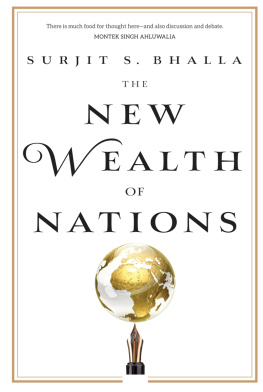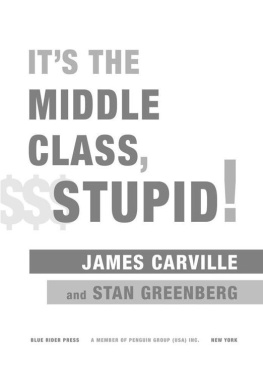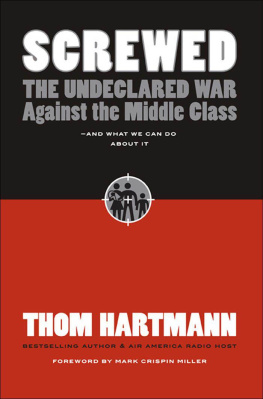Jeff Rubin - The Expendables: How the Middle Class Got Screwed By Globalization
Here you can read online Jeff Rubin - The Expendables: How the Middle Class Got Screwed By Globalization full text of the book (entire story) in english for free. Download pdf and epub, get meaning, cover and reviews about this ebook. year: 2020, publisher: Random House of Canada, genre: Politics. Description of the work, (preface) as well as reviews are available. Best literature library LitArk.com created for fans of good reading and offers a wide selection of genres:
Romance novel
Science fiction
Adventure
Detective
Science
History
Home and family
Prose
Art
Politics
Computer
Non-fiction
Religion
Business
Children
Humor
Choose a favorite category and find really read worthwhile books. Enjoy immersion in the world of imagination, feel the emotions of the characters or learn something new for yourself, make an fascinating discovery.
- Book:The Expendables: How the Middle Class Got Screwed By Globalization
- Author:
- Publisher:Random House of Canada
- Genre:
- Year:2020
- Rating:5 / 5
- Favourites:Add to favourites
- Your mark:
- 100
- 1
- 2
- 3
- 4
- 5
The Expendables: How the Middle Class Got Screwed By Globalization: summary, description and annotation
We offer to read an annotation, description, summary or preface (depends on what the author of the book "The Expendables: How the Middle Class Got Screwed By Globalization" wrote himself). If you haven't found the necessary information about the book — write in the comments, we will try to find it.
Jeff Rubin: author's other books
Who wrote The Expendables: How the Middle Class Got Screwed By Globalization? Find out the surname, the name of the author of the book and a list of all author's works by series.
The Expendables: How the Middle Class Got Screwed By Globalization — read online for free the complete book (whole text) full work
Below is the text of the book, divided by pages. System saving the place of the last page read, allows you to conveniently read the book "The Expendables: How the Middle Class Got Screwed By Globalization" online for free, without having to search again every time where you left off. Put a bookmark, and you can go to the page where you finished reading at any time.
Font size:
Interval:
Bookmark:
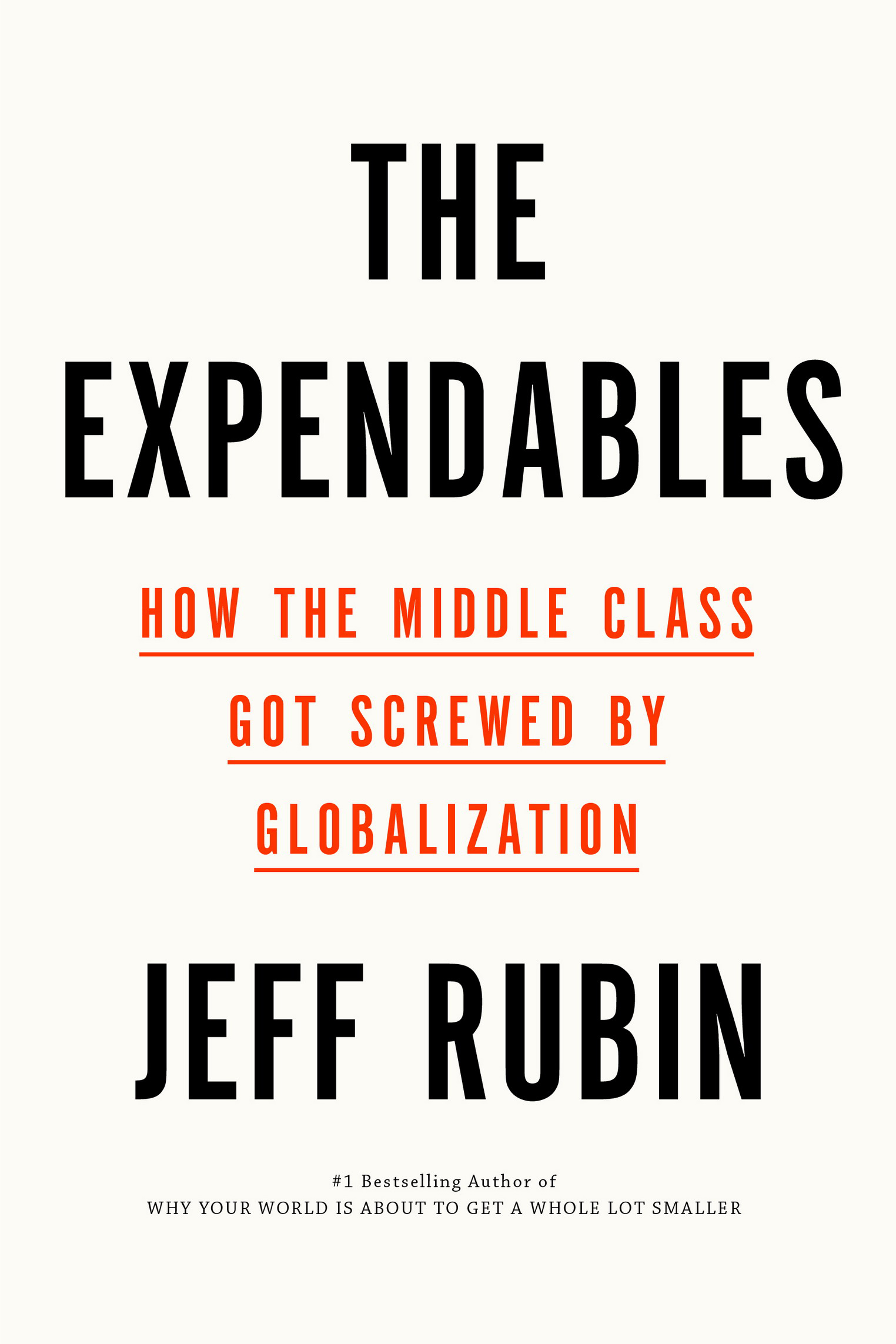
Why Your World Is About to Get a Whole Lot Smaller
The End of Growth
The Carbon Bubble
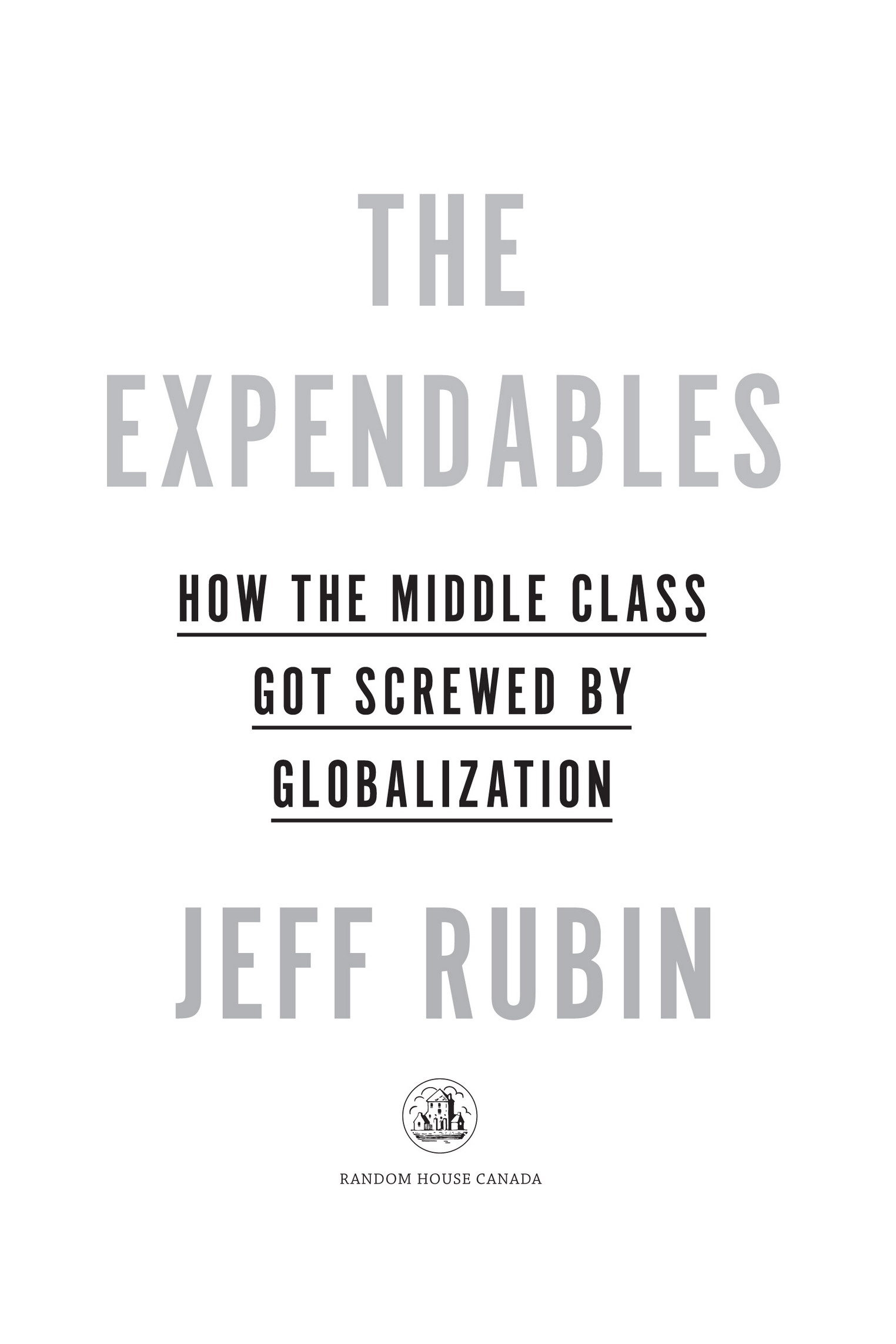
PUBLISHED BY RANDOM HOUSE CANADA
Copyright 2020 Jeff Rubin
All rights reserved under International and Pan-American Copyright Conventions. No part of this book may be reproduced in any form or by any electronic or mechanical means, including information storage and retrieval systems, without permission in writing from the publisher, except by a reviewer, who may quote brief passages in a review. Published in 2020 by Random House Canada, a division of Penguin Random House Canada Limited, Toronto. Distributed in Canada and the United States of America by Penguin Random House Canada Limited, Toronto.
www.penguinrandomhouse.ca
Random House Canada and colophon are registered trademarks.
Library and Archives Canada Cataloguing in Publication
Title: The expendables : how the middle class got screwed by globalization / Jeff Rubin.
Names: Rubin, Jeff, 1954- author.
Identifiers: Canadiana (print) 20190158425 | Canadiana (ebook) 20190158492 | ISBN 9780735279391 (hardcover) | ISBN 9780735279407 (HTML)
Subjects: LCSH: Middle classEconomic conditions. | LCSH: Globalization. | LCSH: Equality.
Classification: LCC HT684 .R83 2020 | DDC 305.5/5dc23
Text design: Andrew Roberts
Cover design: David Gee

v5.4
a
To all those left behind.
FOREWORD
Then and Now
CHAPTER 1
The New Populism
CHAPTER 2
Changing the Rules
CHAPTER 3
Todays Worker: I Aint No Fortunate One
CHAPTER 4
Left Behind
CHAPTER 5
Greater Global Equity (for the Rich)
CHAPTER 6
The New Economy: Non-Inclusive Growth
CHAPTER 7
Globalization and the Digital Revolution
CHAPTER 8
Duelling Giants: The Trade War with China
CHAPTER 9
Tariff Man
CHAPTER 10
Maybe Whats Good for American Workers Isnt Good for GM
CHAPTER 11
From Free Trade to Managed Trade: The US-Mexico-Canada Trade Agreement
CHAPTER 12
Keeping China Away from Americas Back Door
CHAPTER 13
Making China Great Again
CHAPTER 14
On the Move
CHAPTER 15
Dj Vu
AFTERWORD
Will the Pandemic Bury Globalization?
You could see the pandemic coming. It wasnt as though there was no warning. The virus emerged in China but arrived in North America before we were ready, and it landed with the destructive force of a tsunami. Record-setting consumer spending hit a brick wall as shoppers stayed home. New car sales went over a cliff. And following just like clockwork, unemployment went through the roof as shops and factories shut down. An unprecedented bull run on the stock market quickly turned into panic selling, and the Dow cratered, seemingly overnight. The S&P 500 dropped over 20 percent into bear market territory, and the result was a global recession that seemed to come out of nowhere. More than 116,000 people died in the United States.
Elvis Presley appeared on the Ed Sullivan Show that year, the Frisbee was invented, Ford introduced the Edsel with great fanfare, Canada unveiled the Avro Arrow jet fighter, the USSR launched Sputnik, and Dwight D. Eisenhower was sworn in as president of the United States. It was 1957.
By the way, the world recovered almost immediately from the Asian flu, as that pandemic was known. After a staggering 10 percent decline in gross domestic product (GDP) in the first quarter of 1958, by the third quarter growth had spiked to 10 percenta 20 percentage-point swing. So, no big deal, right? The economy got the flu, it took some time off, and it went right back to churning out jobs and profits. In fact, when economists and historians talk about the Eisenhower Recession, they seldom even mention the Asian flu as a cause.
It would seem to follow, then, that we have a model to help us predict what the recovery from COVID-19 will look like. Just look at 1958, and then wait for the jobs and the markets to return to form and the good times to resumenot quite the catastrophe we feared.
But if youre thinking that what was true in 1958 is true today, this book is for you. Because while consumer spending, consistent GDP growth and a record-breaking bull run on the stock market may make it feel as though weve wandered into the Eisenhower (or Diefenbaker, if you live in Canada) era, that is a dangerous illusion, especially if youre a member of the rapidly shrinking middle class. Because consumer spending, GDP growth and stocks have almost nothing to do with your economic health.
In fact, as you will see, those things measure only rich peoples economic health. And of late, these folk havent been getting rich by making more Edsels or engineering more Arrows. Those cars and planes belong to a different world, a world in which factory jobs paid a middle-class wage and products on the shelves came from factories down the road. A world in which local labour was so essential that their jobs were secure. And a world where taxes were so progressive that the rich actually paid their freight. That was a long time ago.
Looking backward in politics is usually considered poor form. Its much safer to be considered progressive and look ahead. But the fact is that the late 1950s and early 1960s may have marked the greatest economic equality in history. And that economic health was like immunological health. The economy got better quickly because it was already healthy.
But two other things happened in 1957 that give us some sense of why the recovery from the COVID-19 recession might be a lot harder than shaking off the Asian flu.
First, the Treaty of Rome was signed in March of that year, establishing the precursor of the European Union (the European Economic Community). Though the tight political and economic integration of a United States of Europe was still just a dream, the Treaty of Rome was an important step in creating a common market. Up until that point, each country had the ability to impose tariffs to protect key industries and the associated jobs. From that moment on, France, West Germany, Belgium, the Netherlands and Luxembourg would give up that ability in exchange for the right to sell in each others markets without facing tariffs. The hope behind lifting tariffs was that in a world of economic expansion, workers and industries wouldnt need protection: there would be so much wealth to go around that everyone would be better off.
In other words, it was a form of free trade and a precursor of what was to follow. Free trade was an idea that was sweeping the world. As we will see, the General Agreement on Tariffs and Trade (GATT), a treaty designed to increase international trade by removing protections for industry and labour, had been signed into law in 1947, and went through several rounds of updates, each slashing more tariffs. In 1956, the so-called Geneva Round (because it was negotiated in Geneva), eliminated $2.5 billion of protections between twenty-six countries. So, globalization was swirling in the air as the Asian flu was making its way across the Pacific.
Font size:
Interval:
Bookmark:
Similar books «The Expendables: How the Middle Class Got Screwed By Globalization»
Look at similar books to The Expendables: How the Middle Class Got Screwed By Globalization. We have selected literature similar in name and meaning in the hope of providing readers with more options to find new, interesting, not yet read works.
Discussion, reviews of the book The Expendables: How the Middle Class Got Screwed By Globalization and just readers' own opinions. Leave your comments, write what you think about the work, its meaning or the main characters. Specify what exactly you liked and what you didn't like, and why you think so.

